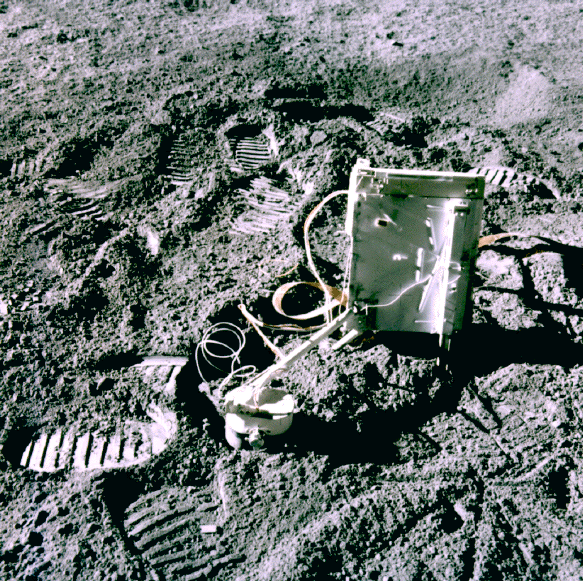Did you know? The Moon has an Atmosphere
It is a common misconception that the Moon’s surface is a perfect vacuum. It is not! The Moon indeed has an atmosphere, a very tenuous one however. If you could capture the Moon’s entire atmosphere, it would weigh about 10,000 kg. In other words, it would weigh less than a large truck. Sources of the lunar atmosphere There are two main sources of the lunar atmosphere. One of them is outgassing, which is the release of gasses that originate from radioactive decay processes deep inside the crust and mantle of the Moon. The second source is through a process known as sputtering: atoms are ejected from solid materials on the…

